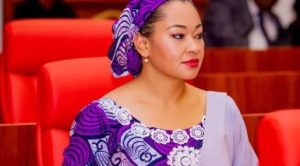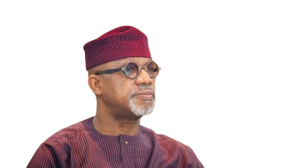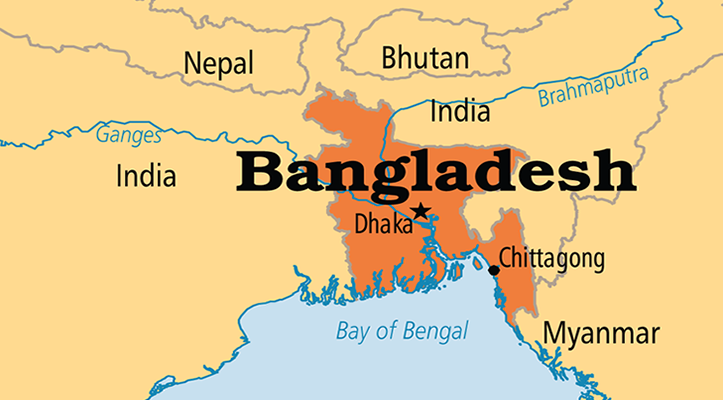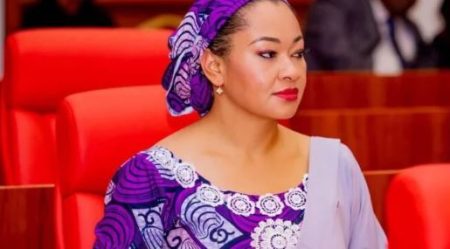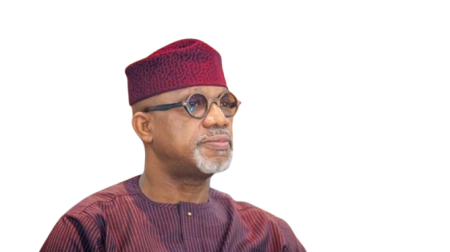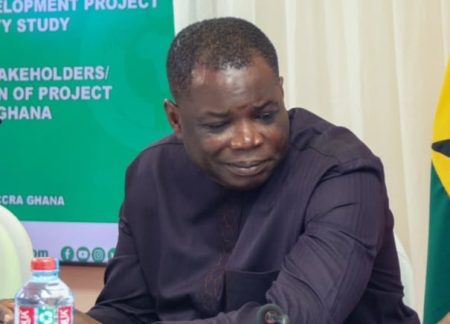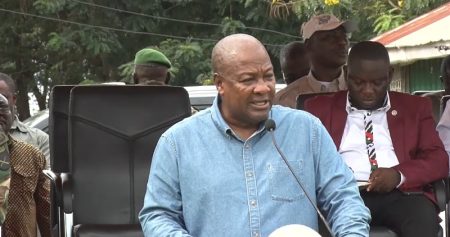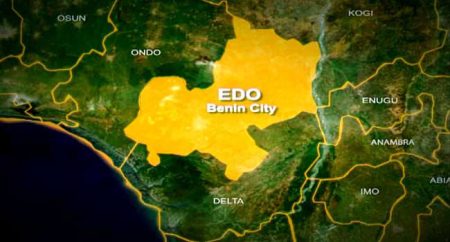The trial of fugitive former Bangladeshi Prime Minister Sheikh Hasina commenced on Sunday, with prosecutors accusing her of orchestrating a “systematic attack” amounting to crimes against humanity in her attempt to quell the uprising that ousted her from power. The prosecution alleges that Hasina, along with other senior officials, directed law enforcement agencies and armed party members to crush the student-led protests that erupted between July and August 2024. The United Nations estimates that the resulting crackdown led to the deaths of up to 1,400 people. Hasina, who fled to India as her 15-year rule crumbled, has refused to return to Dhaka despite an extradition order. The International Crimes Tribunal (ICT) is prosecuting several figures connected to Hasina’s ousted government and her now-banned party, the Awami League.
The ICT’s chief prosecutor, Mohammad Tajul Islam, detailed a coordinated and widespread campaign of violence orchestrated by Hasina’s government. The prosecution presented a series of charges, including abetment, incitement, complicity, facilitation, conspiracy, and failure to prevent mass murder during the July uprising, arguing that these actions constituted crimes against humanity. Islam emphasized that this prosecution was not an act of vendetta but a commitment to upholding the principle of accountability for such grave offenses in a democratic society. The prosecution underscored the systematic nature of the alleged crimes, presenting evidence suggesting that Hasina issued direct orders to security forces through the Interior Ministry and police to suppress the protests.
The prosecution presented a compelling narrative of state-sponsored violence, drawing on a range of evidence gathered during their investigation. This evidence included video footage, audio clips, records of Hasina’s phone conversations, helicopter and drone movement logs, and testimonies from victims of the crackdown. They allege that security forces, acting on Hasina’s directives, perpetrated acts of murder, attempted murder, torture, and other inhuman acts. The prosecution further claimed that helicopters were used to fire upon protesters under Hasina’s direct orders, highlighting the calculated nature of the alleged violence.
A particularly poignant example presented by the prosecution was the case of Abu Sayeed, a student protester who was shot dead at close range in Rangpur on July 16. Sayeed became a symbol of the brutal crackdown, with footage of his final moments repeatedly broadcast on Bangladeshi television following Hasina’s downfall. The prosecution directly implicated Hasina in Sayeed’s death, portraying it as a deliberate act of violence rather than an isolated incident. This case, among others, formed the bedrock of the prosecution’s argument that Hasina’s actions extended beyond mere negligence and constituted a deliberate campaign of repression against the protesters.
The ICT’s proceedings are being broadcast live on state-owned Bangladesh Television, reflecting the widespread public interest in the case. The interim government, which has pledged to hold elections before June 2026, is under pressure to hold Hasina and other members of her government accountable for the violence. The trial’s outcome is likely to have significant implications for the political landscape of Bangladesh, particularly as various parties vie for power in the upcoming elections. The prosecution of senior figures from Hasina’s government is a key demand of several political parties now jostling for power.
The ICT’s renewed focus on the 2024 uprising marks a significant shift in its mandate. Originally established by Hasina herself in 2009 to investigate crimes committed during Bangladesh’s 1971 war of independence, the tribunal had previously been criticized for being used to target political opponents. Numerous prominent figures were sentenced to death by the ICT, and many viewed it as a tool of political repression. In a separate development on Sunday, the Supreme Court reinstated the registration of Bangladesh’s largest Islamist party, Jamaat-e-Islami, which had been banned by Hasina. This decision allows Jamaat-e-Islami to participate in future elections, further complicating the already intricate political dynamics of Bangladesh. Meanwhile, Hasina’s Awami League remains banned pending the outcome of her trial and the trials of other party leaders. The ICT’s current pursuit of justice against members of Hasina’s government marks what appears to be a significant effort aimed at ensuring impartiality and accountability for crimes against humanity.


